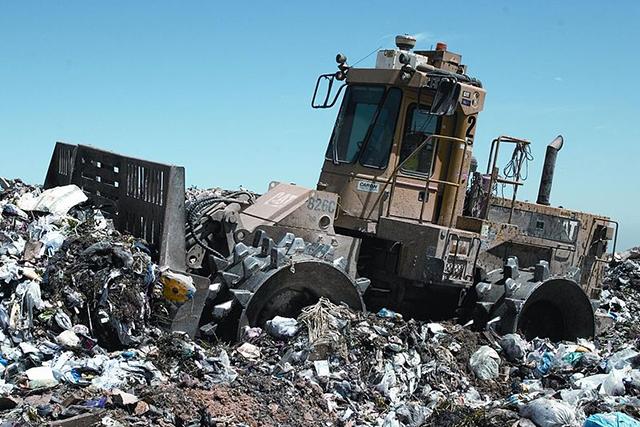 |
| Reviews and Templates for Expression We |
Minister for billion pound waste industry urged by peers

The UK is missing out on a multi-billion pound "bioeconomy" by not capitalising on its waste, according to peers
nister for waste should be appointed to make the most of rubbish that could be worth billions to the economy.
The Lords Science and Technology Select Committee said the UK produced almost 100 million tonnes of carbon-containing waste a year, of which a considerable amount could be turned into high-value products including chemicals, fuel and even fragrances.
The peers concluded that the government was "not sufficiently seized of the potential economic prize" of fully developing a "bioeconomy" using waste products and a Waste Champion should be appointed to ensure that "where there's muck, there's brass".
The committee’s report said that the technology exists for green biorefineries that can bring several processes together to generate multiple products, in the same way as oil refineries do, such as energy in the form of combined heat and power, various chemicals and plastics, fuel-grade ethanol and other fuels and even products such as paper.
Committee chairman Lord Krebs said: "Our investigation has revealed that the UK, which generates hundreds of millions of tonnes of waste every year, has the scientific know-how and the industrial will to turn this waste into wealth.
"But we are concerned that the government is not seizing this opportunity – there is a huge amount at stake here, economically and environmentally, and no single department appears to be leading the way.
"We are calling on the government to create a Waste Champion, a minister who can co-ordinate action and policy across different departments so this chance is not missed. The Waste Champion should not only ensure that the UK has the ideal environment for a waste bioeconomy to flourish, but also come up with a long-term vision to maintain it.
"Our report clearly shows that where there's muck, there's brass. Waste, traditionally seen as a problem, needs to be viewed as a hugely valuable resource, one which could generate a substantial economy of its own. We must not let this opportunity pass us by."
The peers heard that new technology is being developed which uses a microbe to convert waste gases from steel mills into jet fuel that emits 60 per cent less carbon than the fossil fuel it replaces. Another project aims to convert around 500,000 tonnes of waste normally destined for landfill into 50,000 tonnes of low-carbon jet fuel.
The potential size of this bioeconomy, according to the Department for Business, Innovation and Skills, is estimated to be in the tens of billions of pounds and has the potential to produce amounts of bioethanol fuel equivalent to 40 per cent of the UK's annual petrol consumption, which could be worth around £2.4bn.
The report said: "We conclude that there are promising signs that a waste-based bioeconomy could deliver substantial economic returns and support a considerable number of jobs.
"While there is clearly uncertainty in these predictions, it seems, however, that there is significant promise and the government, industry and academia should take steps to further characterise this opportunity and ensure its full potential is realised."
|
|
|
|
Copyright 2011 Energy and Technical Services Ltd. All Rights Reserved. Energyts.com |